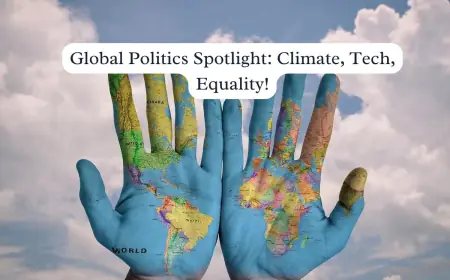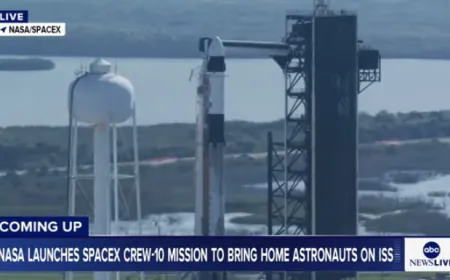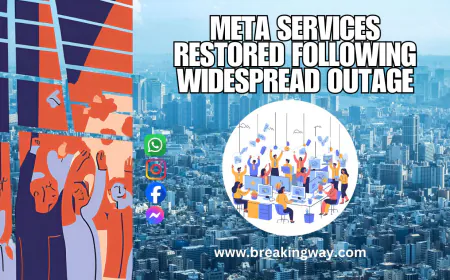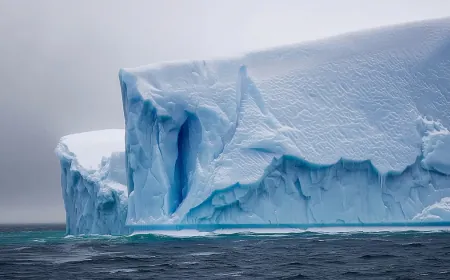Extreme Weather Events: A New Normal or a Global Crisis?
the rise in extreme weather events are they the new normal or signs of a global crisis? Get insights and updates on Breaking Way.

The frequency and intensity of extreme weather events have been escalating in recent years, raising serious concerns about their long-term implications. From devastating hurricanes and wildfires to unprecedented heatwaves and floods, these events are wreaking havoc on communities, economies, and ecosystems worldwide. As the Earth's climate continues to change, the question remains: are these extreme weather events a temporary aberration or a harbinger of a new global crisis
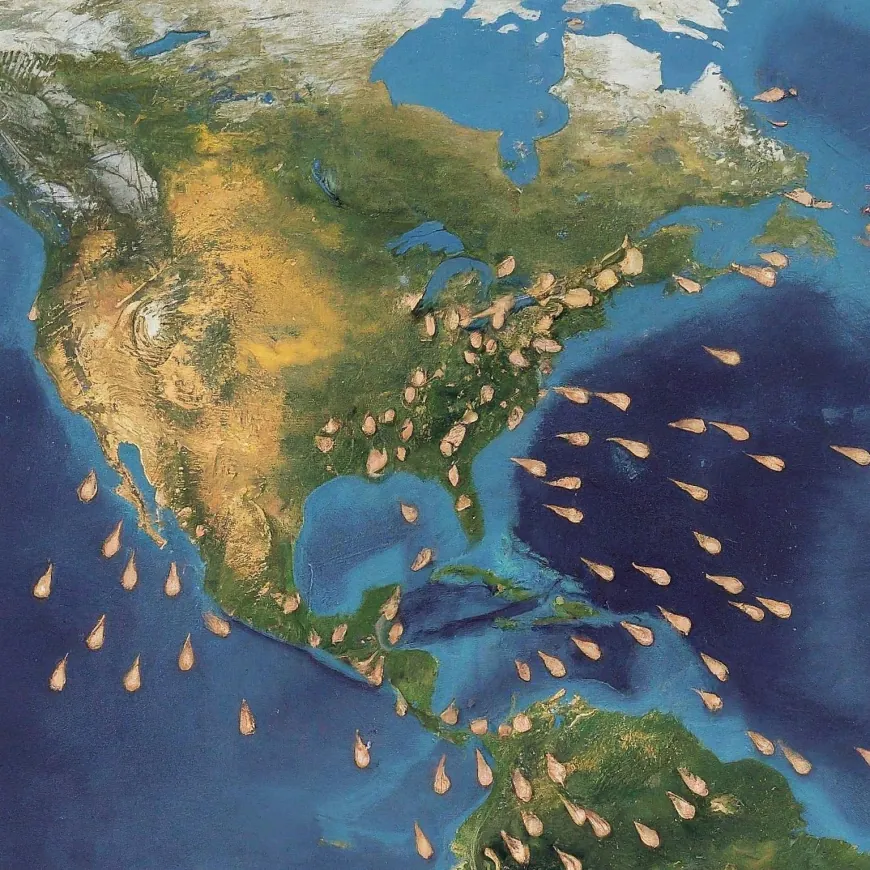
The Increasing Frequency and Intensity of Extreme Weather Events
In the past few decades, we have witnessed a surge in the occurrence of extreme weather events. Hurricanes, typhoons, and cyclones have become more powerful and destructive, causing unprecedented damage to coastal cities and rural areas. Wildfires have raged across vast landscapes, leaving behind charred forests and communities in ruins. Heatwaves have reached record-breaking temperatures, leading to heat-related illnesses and deaths. Floods have inundated entire regions, displacing millions of people and causing widespread economic losses.

The Impact of Climate Change on Extreme Weather Events
Climate change is a primary driver of the increasing frequency and intensity of extreme weather events. The rise in global temperatures due to human-induced greenhouse gas emissions is disrupting the Earth's climate system in profound ways. Warmer oceans fuel more powerful hurricanes, while melting glaciers and ice sheets contribute to rising sea levels and coastal flooding. Extreme heatwaves become more common and severe as the atmosphere warms, while changes in precipitation patterns can lead to droughts and floods.
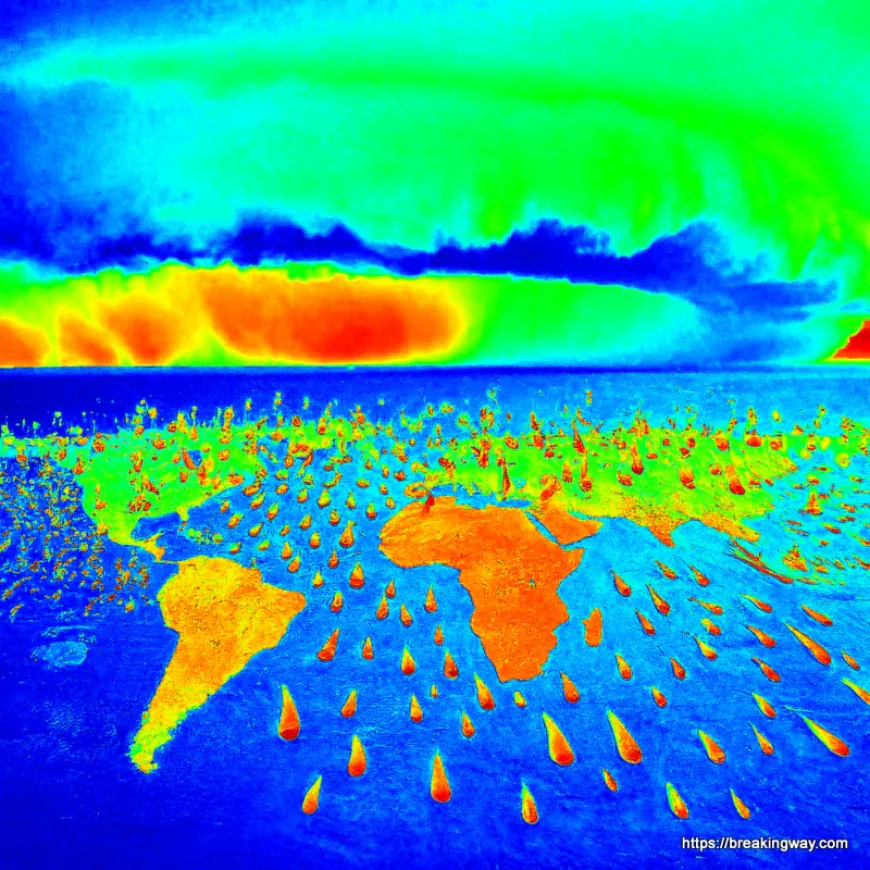
The Economic and Social Costs of Extreme Weather Events
The economic and social costs of extreme weather events are staggering. Hurricanes, typhoons, and cyclones can cause billions of dollars in property damage, disrupt supply chains, and lead to job losses. Wildfires can destroy homes, forests, and agricultural land, while heatwaves and floods can displace entire communities. The long-term consequences of these events can include increased poverty, food insecurity, and social unrest
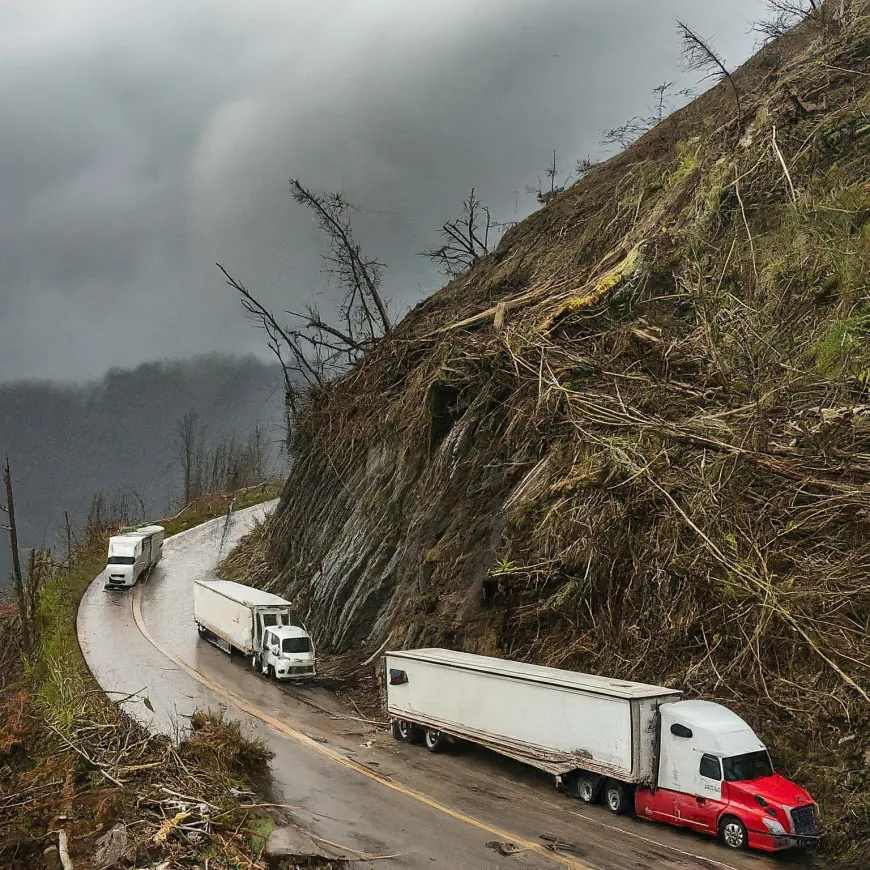
The Global Implications of Extreme Weather Events
The global implications of extreme weather events are far-reaching. As these events become more frequent and severe, they can exacerbate existing vulnerabilities and create new challenges. For example, rising sea levels threaten coastal cities and small island states, while extreme heatwaves can impact agricultural productivity and food security.

The displacement of people due to climate-related disasters can lead to migration pressures and social tensions

The Need for Urgent Action
The increasing frequency and intensity of extreme weather events are a clear warning sign that the Earth's climate is in crisis. To mitigate the worst impacts of these events, it is imperative to take urgent action to reduce greenhouse gas emissions and build resilience to climate change. This includes transitioning to renewable energy sources, investing in sustainable infrastructure, and promoting climate-smart agriculture.
Conclusion
Extreme weather events are no longer a rare occurrence but a growing reality. As the Earth's climate continues to change, we can expect these events to become more frequent, intense, and unpredictable. The economic and social costs of these events are substantial, and their global implications are far-reaching. It is imperative to take immediate action to address the root causes of climate change and build resilience to its impacts. The future of our planet depends on it.
Sources
- Intergovernmental Panel on Climate Change (IPCC). (2021). Climate Change 2021: The Physical Science Basis. Cambridge University Press.
- World Meteorological Organization (WMO). (2023). State of the Global Climate 2022.
- United Nations Environment Programme (UNEP). (2023). Emissions Gap Report 2023.
- World Bank. (2023). Climate Change Knowledge Portal.
What's Your Reaction?











